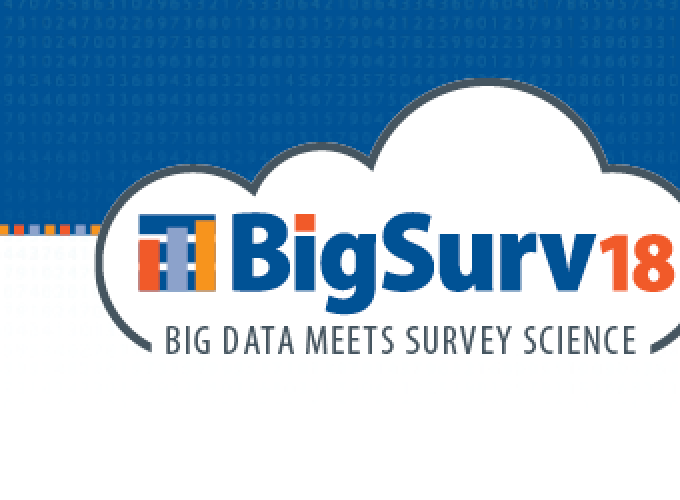Abstract
Offline research paradigms are still dominant, even in the world of online research techniques. Most online surveys are mainly offline questionnaires converted into more or less advanced online HTML forms. Hence, they are not natively online—not only do they not exploit the full potential of Internet technologies, but they are outdated already by their inherited design. Thus, online techniques inherit some undesirable offline characteristics: high burden and low value for respondents and non-equivalent information exchange between a respondent and a researcher. This is one of the reasons why social researchers usually fail to establish long-term relationships with respondents—the respondents devote their time and share their knowledge, but receive nothing valuable in return. Hence, their intrinsic motivation is low, resulting in long-term trends of decreasing response rates in social studies. Another reason for decreasing response rates is the prevalent model of respondent-researcher relationship, which is based on the following heuristic: 1) find potential respondents within a time window that is convenient for a researcher and not necessarily convenient for the respondents; 2) convince them to devote their time to work through a questionnaire, which is often unattractive and time-consuming; 3) convince them to share valuable, often quite private and sensitive information, with someone who will benefit from it; 4) do not share any valuable information with respondents in return; 5) give the respondents as little as possible in return to be as cost-effective as possible; 6) repeat the whole process as many times and as for many respondents as necessary. In the long run this model is clearly not sustainable, but we—social scientists—act like the general population of respondents is infinite, or it is an easily renewable resource. This situation can be seen as the classic ‘tragedy of the commons’ describing a situation where a shared resource is spoiled and depleted by collective actions of all the actors driven by their individual self-interest, which is at odds with the long-term interests of the common good. We need to seek, and to be willing to accept, new paradigms in social science research techniques that will allow us to develop new online research tools designed to build long-term relationships with respondents. We could try to achieve this goal by providing respondents with highly customised instant feedback. This approach, based on valuable information exchange, could be implemented as after-question and after-survey feedback in a new type of online surveys. The real-world examples show that even simplistic versions of this approach can be highly successful. Salary surveys, which ask people about their current salary and compare it to the salaries of people similar to them, have been proven to be highly scalable and able to collect millions of salary profiles. While thinking about promising potential and possible implementations of this approach in social sciences, we also need to think about possible theoretical, empirical, and technological approaches to this problem, and methodological concerns that should be addressed.
